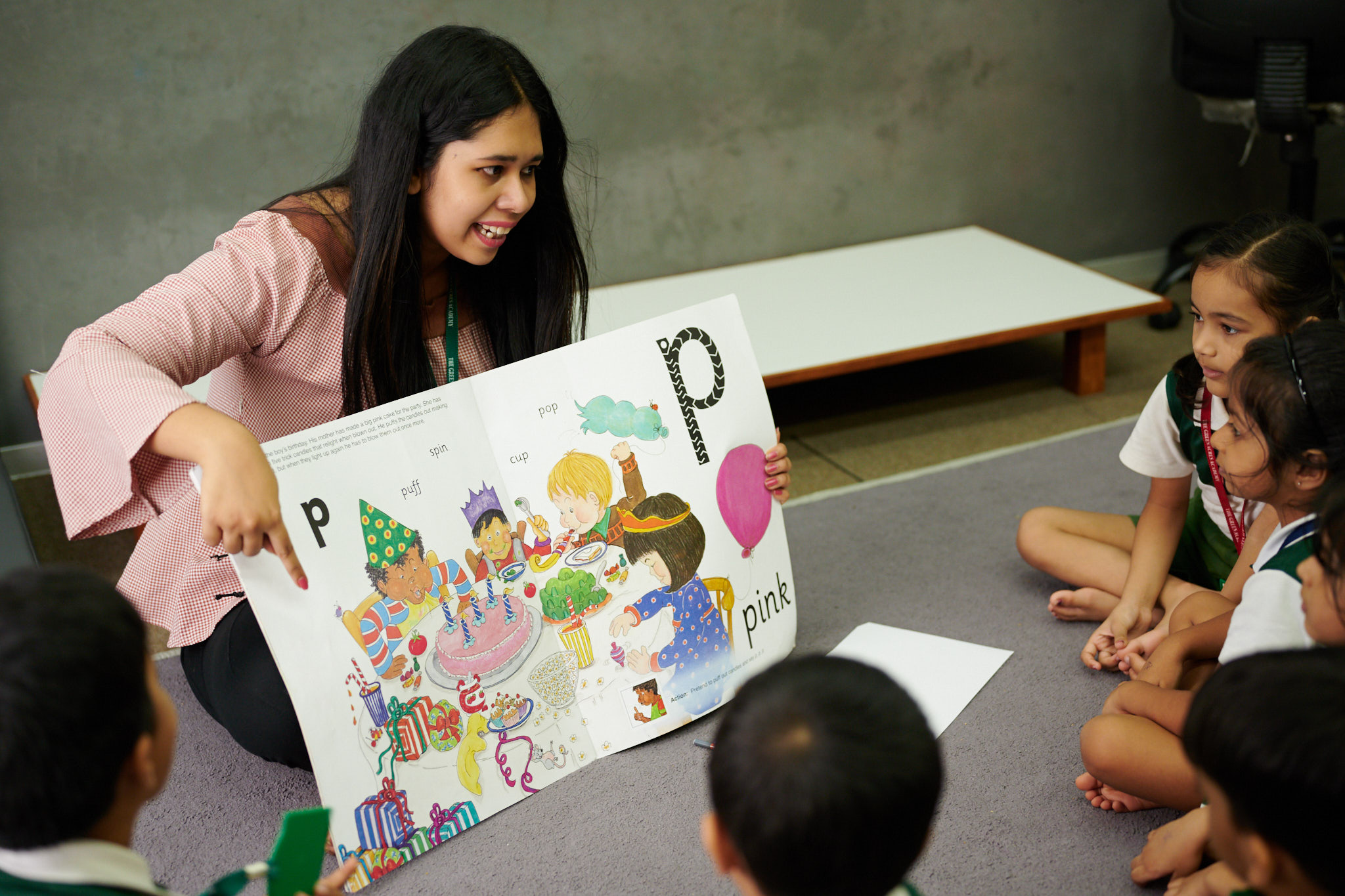Teachers are the most significant influence in a student’s learning journey. To produce good students, it is vital for an institute to have good teachers, those who are constantly learning, and enhancing their teaching skills. Like any high performing organisation, institutes must invest back into their resources by investing time and money in the development of their teachers. As teachers learn and enhance their skills, they are more likely to be engaged in their jobs, engage better in the classroom.
The National Curricular Framework of India (NCF) states clear expectations for teachers to move away from teacher-centred instructional approaches to student-centred teaching that involves children in “active engagement through inquiry, exploration, questioning, debates, application and reflection, leading to theory building and the creation of new ideas.”
However, there is a gap between this reform policy expectation and the actual practices of teachers in Indian classrooms. In fact, the improvement of teaching-learning processes in Indian schools is a perennial challenge. It has been found that teachers in Indian schools adopt traditional methods of teacher-directed instruction. Lecturing, along with the chalk and talk method, continue to be the primary teaching methodology used. The Public Report of Basic Education (PROBE) team in India, states that teachers spend a large amount of classroom time in rote teaching and learning methods such as copying content from textbooks onto the chalkboard and then asking students to copy the same into their notebooks. There is too much focus in Indian schools is on theory and encouraging rote learning without basic understanding; reforms are therefore required to relieve students from this “tyranny of rote memorisation”.
Unfortunately the current situation in India does not bode well for any reform. Teacher shortage is a major issue in India at present according to the Ministry of Human Resource Development and a fifth of all elementary school teachers in India lack the mandated qualifications to teach their students. Today, there are about half a million elementary school teachers, and the central programme has trained only 19 percent of them up until 2013-14.
A recent study found that Indian teachers are “not convinced that they can greatly impact student achievement”, regardless of their qualifications or experience. Also, Indian teachers consistently rate themselves low with regard to competencies required for supporting students with disabilities in their general education classrooms.
Thus it is critical that in-service professional development for teaching staff is provided by schools to raise the standard of teachers and give them the tools to thrive in the class room. Strategies like mentoring, coaching, and peer support promote the development of teachers as reflective practitioners – professionals actively engaged in critical analysis of their ongoing practice in order to identify areas of needs and how to address them effectively. The development of education professionals into “reflective teachers” who are constantly evolving is crucial to keep up with the times. Even more so, lecture based workshops with a one-size-fits-all approach to its content and delivery can no longer be accepted.
Schools need to view themselves as universities for teachers to learn, research, develop new skills and techniques. These learnings must be then shared with the larger learning community to inspire and enact change in the country. This needs to happen at a rapid pace and it is imperative that the teaching and learning community must bond together to face this crisis head on.
(This article is written by Rohan Parikh, Director of The Green Acres Academy for Education World here.)

